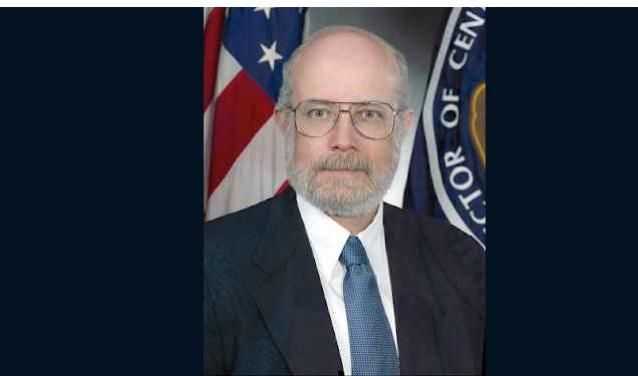Home>"U.S. intelligence is entering a transitional period in which terrorism will be given somewhat less emphasis"

13.10.2015
"U.S. intelligence is entering a transitional period in which terrorism will be given somewhat less emphasis"
Over the past 30 years, Mark M. Lowenthal has held a number of senior positions in U.S. intelligence including Assistant Director of the CIA. He is currently a visiting professor at the Sciences Po Paris School of International Affairs, and on October 14, he will give a lecture on "The US Intelligence community in 2015: state of the arts and challenges". Interview.
- Sciences Po: You are currently teaching a course entitled "An Introduction to U.S intelligence" to Sciences Po graduate students. What is your main objective for the course? What is the most important thing students should understand about US intelligence?
Mark M. Lowenthal: I have two major objectives for the course. The first, and most important, is to appreciate that intelligence is a normal function of government and that most states conduct some range of intelligence activities. Second, that intelligence should be subordinated to policy for it to be useful and successful. Third, given how often U.S. intelligence is mentioned in the press, and often misrepresented or mythologized, I want students to have a better understanding of how U.S. intelligence actually operates.
- Sciences Po: While it is common to address intelligence in US universities, this is not the case in France, except at Sciences Po. How do you explain this difference?
Mark M. Lowenthal: I think a major reason is that few other intelligence enterprises, even in democracies, operate as openly as does U.S. intelligence, making it easier to discuss and teach in a university setting.
- Sciences Po: On October 14, you will give a lecture at Sciences Po on "The US Intelligence community in 2015: state of the arts and challenges". In your opinion, what was the most significant event that US intelligence had to face in 2015?
Mark M. Lowenthal: Barring another 9/11 type attack, I think U.S. intelligence is entering a transitional period in which terrorism will be given somewhat less emphasis and nation state issues, such as Russia and China, will receive more emphasis. This will have ramifications for intelligence collection and analysis.